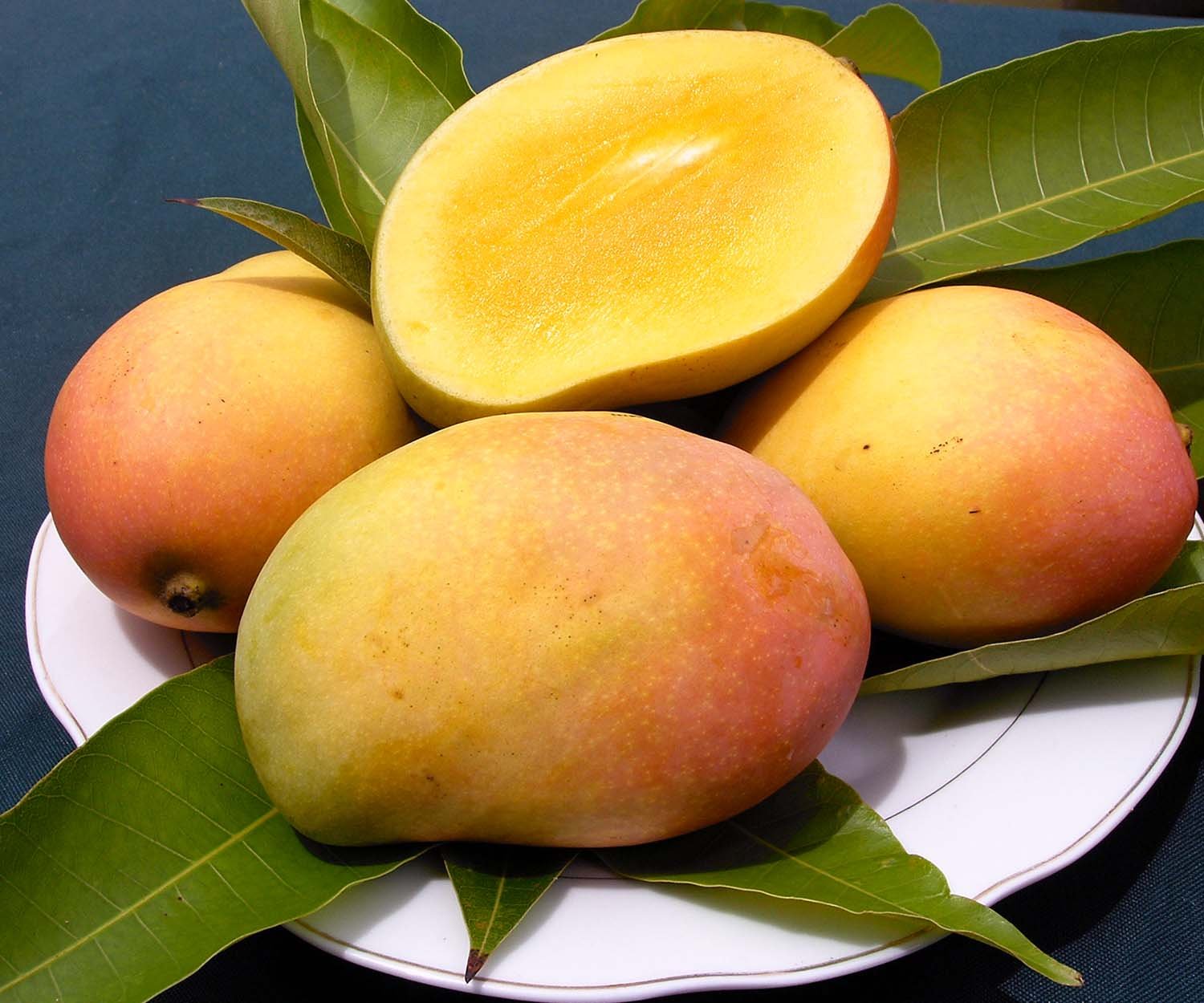Mango is often referred to as the "king of fruits," and for good reason. This tropical delight is not only delicious but also packed with nutrients that can offer numerous health benefits. In this comprehensive guide, we will explore everything you need to know about mangoes, including their varieties, health benefits, culinary uses, and more. Whether you are a mango enthusiast or simply curious about this fruit, this article will provide you with valuable insights.
The mango is a stone fruit belonging to the genus Mangifera, which is native to South Asia. Over the years, it has gained immense popularity worldwide, thanks to its sweet, juicy flesh and vibrant color. In addition to its mouthwatering taste, mangoes are also rich in vitamins and minerals, making them an excellent addition to a balanced diet.
In this guide, we will dive into the various types of mangoes available, their nutritional content, the health benefits they offer, and how you can incorporate them into your daily meals. So, if you're ready to embark on a flavorful journey through the world of mango, let's get started!
Table of Contents
- Mango Varieties
- Nutritional Value of Mango
- Health Benefits of Mango
- Culinary Uses of Mango
- Mango Cultivation and Harvesting
- How to Store Mangoes
- Delicious Mango Recipes
- Conclusion
Mango Varieties
Mangoes come in various types, each with its unique flavor, texture, and appearance. Here are some popular mango varieties:
- Alphonso: Known for its rich sweetness and smooth texture, Alphonso mangoes are often considered the best in the world.
- Haden: This variety has a bright red skin with green and yellow hues, offering a fragrant aroma and sweet flavor.
- Kent: Kent mangoes are large and oval-shaped, with a sweet, juicy flesh that is virtually fiberless.
- Tommy Atkins: A popular variety worldwide, Tommy Atkins mangoes have a sweet-tart flavor and a firm texture.
- Palmer: Palmer mangoes are known for their deep purple-red skin and sweet, juicy flesh.
Nutritional Value of Mango
Mangoes are not only delicious but also packed with essential nutrients. Here is a breakdown of the nutritional value of one medium-sized mango (approximately 200 grams):
| Nutrient | Amount |
|---|---|
| Calories | 150 |
| Carbohydrates | 35 g |
| Fiber | 5 g |
| Protein | 2 g |
| Vitamin C | 60 mg |
| Vitamin A | 1260 IU |
| Folate | 70 mcg |
| Potassium | 300 mg |
Health Benefits of Mango
Mangoes offer a variety of health benefits, making them a great addition to your diet. Here are some of the key benefits:
- Rich in Antioxidants: Mangoes contain antioxidants such as quercetin, beta-carotene, and vitamin C, which help protect the body from oxidative stress.
- Supports Immune Function: The high vitamin C content in mangoes boosts the immune system, helping to fend off infections.
- Promotes Healthy Digestion: The fiber in mangoes aids in digestion and helps prevent constipation.
- Improves Eye Health: Mangoes are rich in vitamin A, which is essential for maintaining good vision and eye health.
- May Help Regulate Blood Sugar: Some studies suggest that mangoes may help lower blood sugar levels and improve insulin sensitivity.
Culinary Uses of Mango
Mangoes are incredibly versatile and can be used in a variety of dishes. Here are some popular culinary uses:
- Fresh Mango: Enjoy mango slices on their own as a refreshing snack.
- Mango Smoothies: Blend mango with yogurt and milk for a delicious smoothie.
- Mango Salsa: Combine diced mango with onions, cilantro, and lime juice for a tasty salsa.
- Mango Chutney: Cook mango with spices and vinegar for a flavorful chutney that pairs well with meats.
- Mango Desserts: Use mango in desserts like sorbet, ice cream, or mango pudding.
Mango Cultivation and Harvesting
Mangoes thrive in tropical and subtropical climates. Here are some key points about mango cultivation:
- Mango trees require well-drained soil and full sun exposure.
- They are typically planted during the rainy season to ensure adequate water supply.
- Mango trees can take 3 to 5 years to bear fruit after planting.
- Harvesting usually occurs when the fruit is mature but still firm to the touch.
How to Store Mangoes
Proper storage of mangoes can help maintain their freshness. Here are some tips:
- Store unripe mangoes at room temperature until they ripen.
- Once ripe, mangoes can be refrigerated to prolong their shelf life.
- Mangoes can be sliced and frozen for later use in smoothies or desserts.
Delicious Mango Recipes
Here are a few easy and delicious recipes to try:
Mango Salad
- Ingredients: Mango, cucumber, red onion, lime juice, cilantro.
- Instructions: Dice the mango and cucumber, chop the onion, and mix all ingredients with lime juice and cilantro.
Mango Coconut Rice
- Ingredients: Cooked rice, coconut milk, diced mango, cilantro.
- Instructions: Mix cooked rice with coconut milk and top with diced mango and cilantro.
Conclusion
In conclusion, mangoes are not only a delicious fruit but also a powerhouse of nutrients that offer various health benefits. With their versatility in culinary uses and the joy they bring to our taste buds, it's no wonder that mangoes are loved worldwide. We encourage you to explore different varieties, incorporate them into your meals, and enjoy the many benefits they have to offer. If you found this article helpful, please leave a comment, share it with others, or check out our other articles for more delicious content!
Penutup
Thank you for reading our ultimate guide to mangoes! We hope you found the information valuable and are inspired to add more mangoes to your diet. Remember, the world of mangoes is vast and delicious, and we invite you to come back for more exciting articles in the future!
Skip Bayless: The Controversial Sports Commentator And His Impact On Media
Luna Okko: The Rising Star Of The Digital World
Jodie Turner-Smith: The Rising Star Of Hollywood

